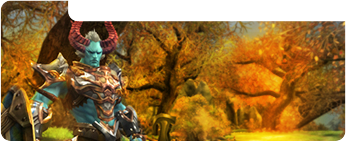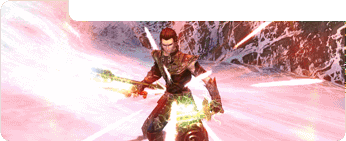The story of the Moon Hare

It is difficult to imagine an animal more harmless than a simple hare. He is considered cowardly, weak and stupid. True, only those who have never seen a hare with their own eyes think so. And they probably confuse him with a rabbit.
From time immemorial, the inhabitants of the Sphere peered into the night sky and saw the silhouettes of various animals there: a boar, a bear, a wolf, a bird of prey, a dragon. Among them there was a place for a hare. However, it was found not among a scattering of cold stars, but on the yellowish surface of the moon. The play of light and shadow, piles of rocks and deep gorges seemed to form a muzzle with long ears and a cunning eye. Astrologers refused to classify the big-eared one to the list of celestial beasts, but the memory of the Moon Hare remained in the memory of the peoples, as well as the belief in its miraculous powers.
Especially the Moon Hare is known in the North, in the cradle of the human race, where people still live by hunting and gathering, where faith in the forces of nature and the spirits of ancestors is still strong. Shamans often tame hares, considering them to be guides to another world, and wild hares sometimes gather in glades where shamans light up at the full moon.
Northern shamans believe that in the hour of great need, if you ask well, the Moon Hare can come to the call and fulfill any wish. Is that so? Perhaps no one knows for sure. But yellow-eyed hares, bearing the seal of the sun and the moon, really exist. They do not fulfill desires, and are far from everyone. They can follow powerful sorcerers and other heroes, bringing them good luck, dispelling hostile magic or hiding it from the evil eye.
No one knows where they come from and what is the secret of their amazing power. Maybe it's the Moon Hare coming down to the Sphere to get a better look at this world, which he usually looks at from the cold darkness. Or maybe it's just a fairy tale told on a long northern night in the winter quarters of the first people.
Share news:






